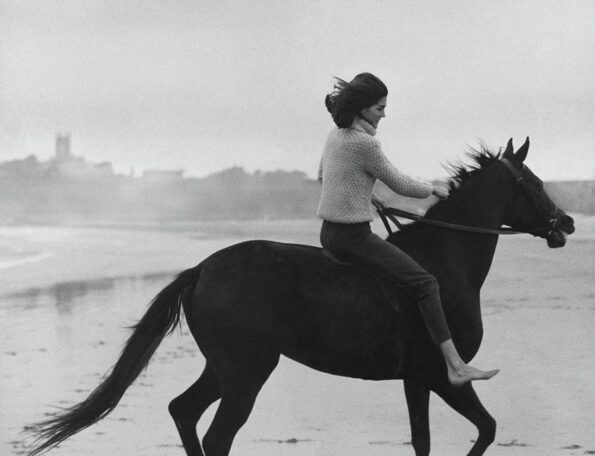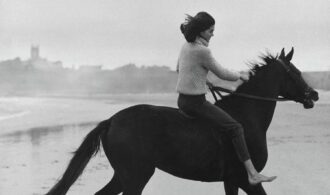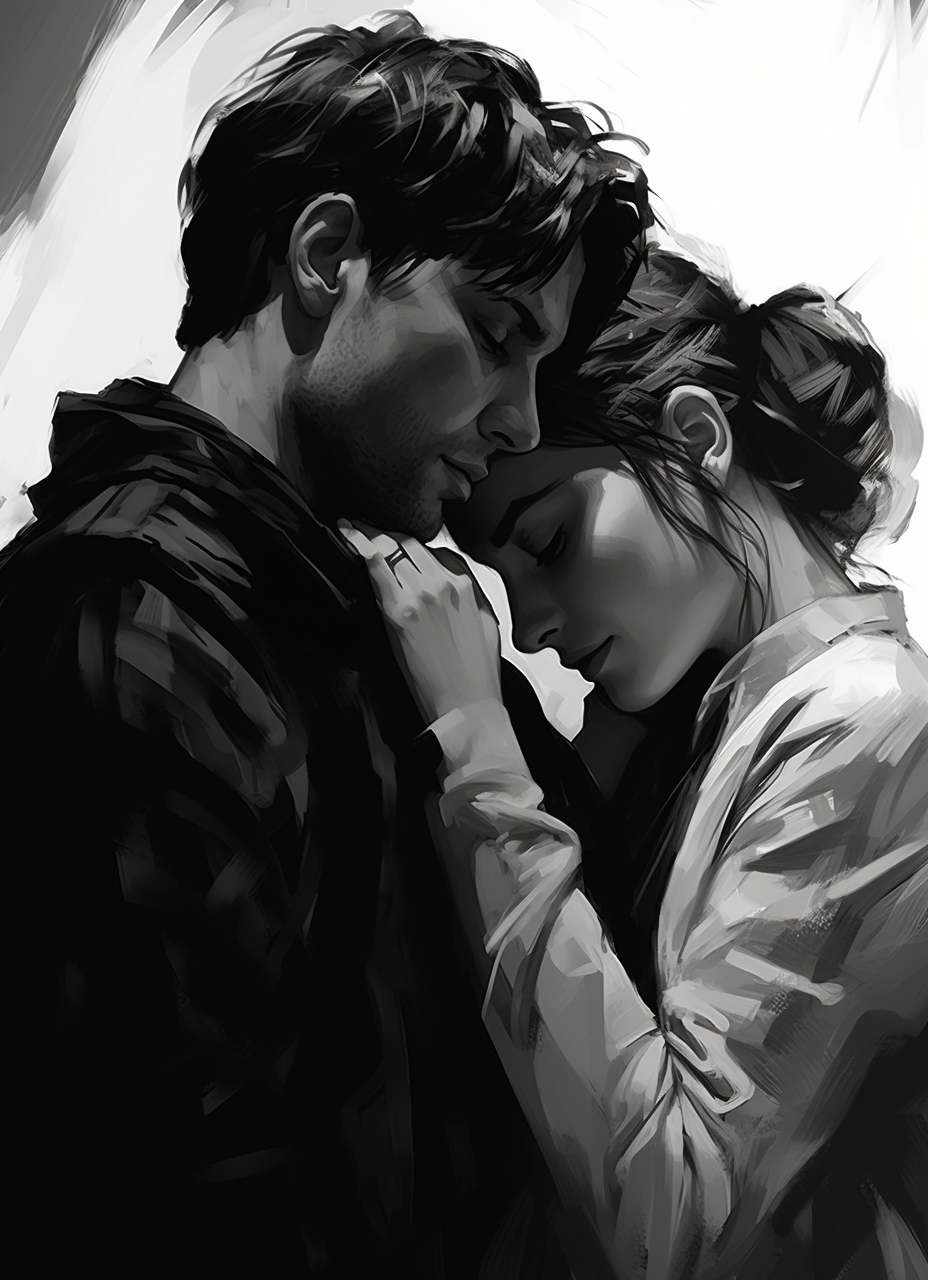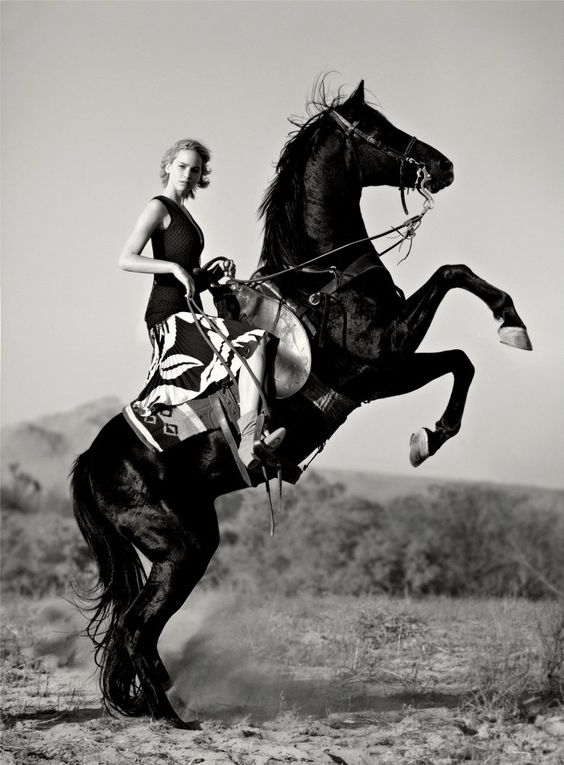 Sagittarius is the centaur, galloping headfirst into the great unknown with a map in hand. There’s something wonderfully reckless yet deeply wise about this fire sign. Sagittarians are seekers. Not only of adventure, but of meaning—always sniffing out the next big idea, the next grand vision, the next uncharted territory. Their hunger for novelty means that they are often found chasing trends and chasing the truth. They don’t only want to know what’s new, they want to know why it matters, and how it connects to the bigger picture.
Sagittarius is the centaur, galloping headfirst into the great unknown with a map in hand. There’s something wonderfully reckless yet deeply wise about this fire sign. Sagittarians are seekers. Not only of adventure, but of meaning—always sniffing out the next big idea, the next grand vision, the next uncharted territory. Their hunger for novelty means that they are often found chasing trends and chasing the truth. They don’t only want to know what’s new, they want to know why it matters, and how it connects to the bigger picture.
And then there are those Sagittarians who seem to have a sixth sense for what’s coming. Trendsetters, futurists, the ones who knew about cryptocurrency before it was cool, who booked flights to obscure travel destinations just before they became Instagram-famous. Their restlessness isn’t aimless—it’s an intuitive dance with the future, a game of hopscotch where they always seem to land just ahead of the pack. But with such velocity comes the challenge of presence. The future is seductive, but the now is where the real magic happens. Sometimes, in the rush toward what’s next, a Sagittarius must pause, breathe, and relish the beauty of what is—before galloping onward toward the next horizon.
More!
Sagittarius laughs in the face of limitation, shouting, “More! Show me more!” Their fire is not a slow, smoldering ember but a roaring inferno of possibility, ruled by Jupiter’s largesse. The great benefic, Jupiter, is the great mentor, urging them toward big aspirations, expansive visions, and an almost reckless belief in the benevolence of the universe. And how they believe! To a Sagittarius, serendipity isn’t random—it’s a signpost. Coincidence? Never. It’s divine choreography, a breadcrumb trail leading to some yet-unknown revelation.
Their wealth isn’t measured in gold but in wisdom, in experience, in the thrill of knowing they’ve tasted the full buffet of existence. A Sagittarius without passion is like an arrow without a bow—potential energy wasted. They need something—an idea, a philosophy, an adventure—to set their sights on, or else they risk feeling trapped in the mundane. But therein lies their eternal riddle: in the pursuit of the infinite, can they ever truly stand still? Can they be the present moment without immediately plotting the next great escapade?
The Eternal Student
Sagittarius is the eternal student and the impassioned teacher, ever-ready to dive into the truth. They are the cartographers of the landscape, mapping out new territories of thought with the same enthusiasm as an explorer charting unclaimed lands. The Sagittarian mind is a telescope that peers into the distant stars and perceives the connections binding everything together. They learn by synthesizing disparate ideas into a grand, unified vision. It’s no wonder they are drawn to philosophy, spirituality, and academia; these are not just fields of study but arenas of adventure. A Sagittarian professor doesn’t lecture—they ignite. A spiritual guide under this sign doesn’t teach dogma—they awaken.
But with such an insatiable hunger comes the challenge of direction. With so many tantalizing paths before them, how does a Sagittarius choose? They are, after all, nomads of both the physical and intellectual realms, ever chasing the next revelation. Sometimes, in their relentless pursuit of forward motion, they risk losing sight of the depth available in stillness.
A Future of Positivity
Sagittarius is the zodiac’s rogue, the joyful bandit of fate, the outlaw with a twinkle in their eye and a book in their saddlebag. If life is a grand bazaar of luck, knowledge, and serendipity, Sagittarius is the one who rushes in, snatches the best treasures, and gallops off into the sunset, leaving nothing but laughter and the scent of adventure in their wake.
But here’s the thing: this thievery isn’t cunning or deceitful—it’s effortless magnetism. They expect the universe to be generous, and so it is. Where others hesitate, Sagittarius leaps, trusting in the invisible currents of providence. Their optimism is their alchemy, turning mere chance into destiny, turning uncertainty into an open road.
Yet, beneath the laughter and bravado, there is a deeper truth—a quiet knowing that the world is vast, mysterious, and brimming with divine energy. Sagittarius is not merely a wanderer but a seeker, not only a philosopher but a mystic. The Centaur embodies this duality—half instinct, half intellect; half beast, half divine. They stand at the crossroads between the earthly realm and the stars above, yearning to reconcile both.
Illuminating Faraway Shores
The ninth house is Sagittarius’ realm, and this is the place of higher learning, of vast horizons, of the intoxicating thrill of discovery. Here, Sagittarius revels in its natural element, galloping between metaphysics and law, religion and foreign travel, theology and academia. It’s where the intellect is set ablaze, where curiosity is perpetually stoked. The ninth house asks not what we know, but how far we are willing to journey to find the answers.
Howard Sasportas’ division of the hemispheres makes exquisite sense—Gemini, the master of facts and details, rules the left brain, analyzing, categorizing, structuring. Sagittarius, however, operates with the grand, sweeping strokes of the right brain, intuiting patterns, feeling truths before they are spoken, seeing the bigger picture even when the details remain elusive. It is the great synthesizer, taking the fragmented pieces of experience and weaving them into something bigger.
This is house also rules temples, churches, and sacred spaces, showing it is an area of belief. Sagittarius contemplates the divine, whether in a monastery atop a mist-covered mountain, a bustling mosque, or a quiet shrine in the corner of a traveler’s room, the ninth house reminds us that faith is not a ritual, but a revelation.
Deciphering the Ninth House:
The third and ninth houses are two counterparts, one concerned with the immediate and the other with the infinite, one conversing in the marketplace and the other proclaiming truths from the mountaintop. If the third house is the classroom where we first learn to read and write, the ninth house is the great open university of existence, where knowledge is no longer just acquired but lived.
In the ninth house, learning is not confined to textbooks or rote memorization—it is experiential, gathered through the dusty roads of foreign lands, and the spirited debates that stretch the mind beyond its comfortable borders. But knowledge, in this Sagittarian realm, is not static—it is ever-evolving. Each era contributes its own wisdom, just as each traveler returns with new stories to add to the collective. And herein lies the challenge: to integrate what has been known with what is yet to be discovered, to honor tradition while seeking out innovation, to balance reverence for the past with an insatiable hunger for the future.
It is within this house that we study thought itself. How do we construct meaning? How do we make laws to bring order to chaos? How do we make sense of a world that is ever-changing? These are not small inquiries; they are the grand, sweeping questions that define civilizations. And so, in the ninth house, we do not only learn about life—we engage with it, debate it, challenge it, expand it. It is here that the thinking mind aligns with the cosmos, no longer content with facts, but yearning for truth.
The ninth house is where the mind is invited to grapple with the divine choreography of existence. It is here that we step beyond the limits of the familiar and thrust ourselves into the boundless terrain of the unknown. Philosophy, law, metaphysics, religion—each of these is not just a subject but a frontier, a wild land teeming with questions that refuse to be easily answered.
Dane Rudyhar’s insights into the ninth house are a call to arms for the seeker, the thinker, the perennial student of life. To expand our consciousness, to elevate our understanding, is not a passive endeavor. It requires the bravery of explorers, the curiosity of scholars, the open-heartedness of pilgrims. To travel into the unfamiliar is to invite the divine chaos that precedes enlightenment. And isn’t it the very essence of growth to be disrupted, to have our neat little worlds turned upside down by an idea, a culture, a revelation that doesn’t fit into our preordained categories?
In the court of the ninth house, the only crime is complacency, the only sin is the refusal to see. Here, “law” is a cosmic principle; “religion” is the beating heart of spiritual yearning; “metaphysics” is reality itself. The prophetic, too, finds its home here—not as a mere foretelling of future events as a profound recognition of the patterns that spin through time and space. This is the house where humanity’s divine destiny is written, not in the rigid ink of certainty but in the fluid, transformative fires of understanding.
The ninth house is an exhilarating, boundless realm of knowledge where Jupiter invites us into the infinite. Here, the conversation leaps between spirituality, prophecy, and the latest exotic escapade. But beware! For what is Jupiter, if not the ever-generous deity who says, “More! Expand! Indulge!”—without ever warning of what could follow.
Expansion without restraint is a precarious path. The seeker, intoxicated by the thrill of knowledge, may gorge upon too many ideas, hoard too many philosophies, and travel so far afield that they forget where they began. The risk here is not in the pursuit of wisdom but in mistaking accumulation for understanding. There is a point where one ceases to take it all in.
Excess takes many forms: the scholar surrounded by books but never pausing to think; the traveler who collects stamps in their passport but never absorbs the soul of a place; the dreamer who dreams so expansively but they never sets one goal. Even spirituality, if untethered, can become a form of chasing enlightenment while neglecting the grounded reality of existence.
The lesson here is one of integration. The ninth house urges us to venture into the unknown, to drink deeply from the well of experience—but also to digest, to reflect, to make meaning of the feast we have consumed. The real gift of Jupiter is knowing when to say enough, when to pause, when to turn knowledge into truth and experience into understanding. For in the end, the most enlightened traveler is not the one who has journeyed the farthest, but the one who has truly arrived.












